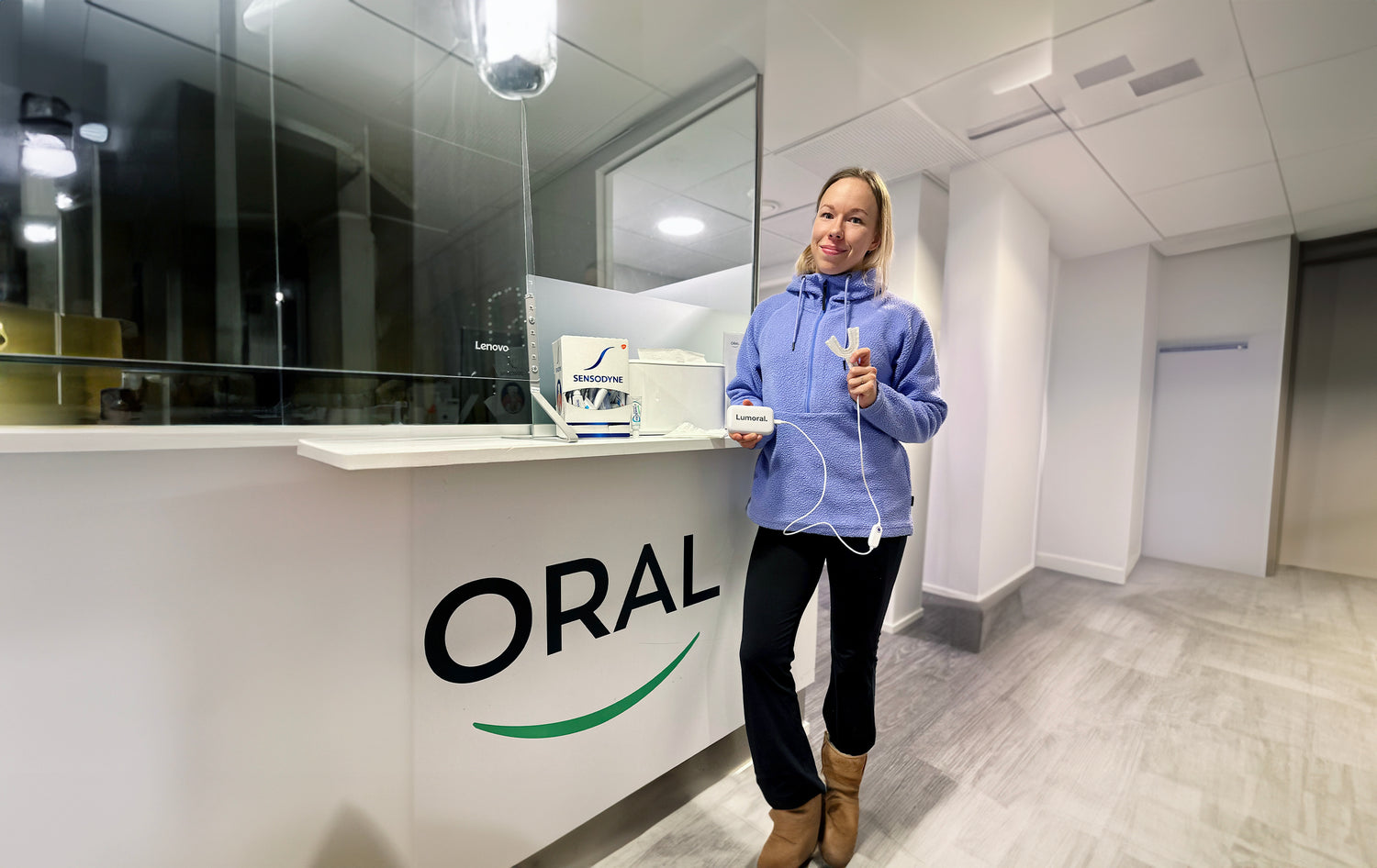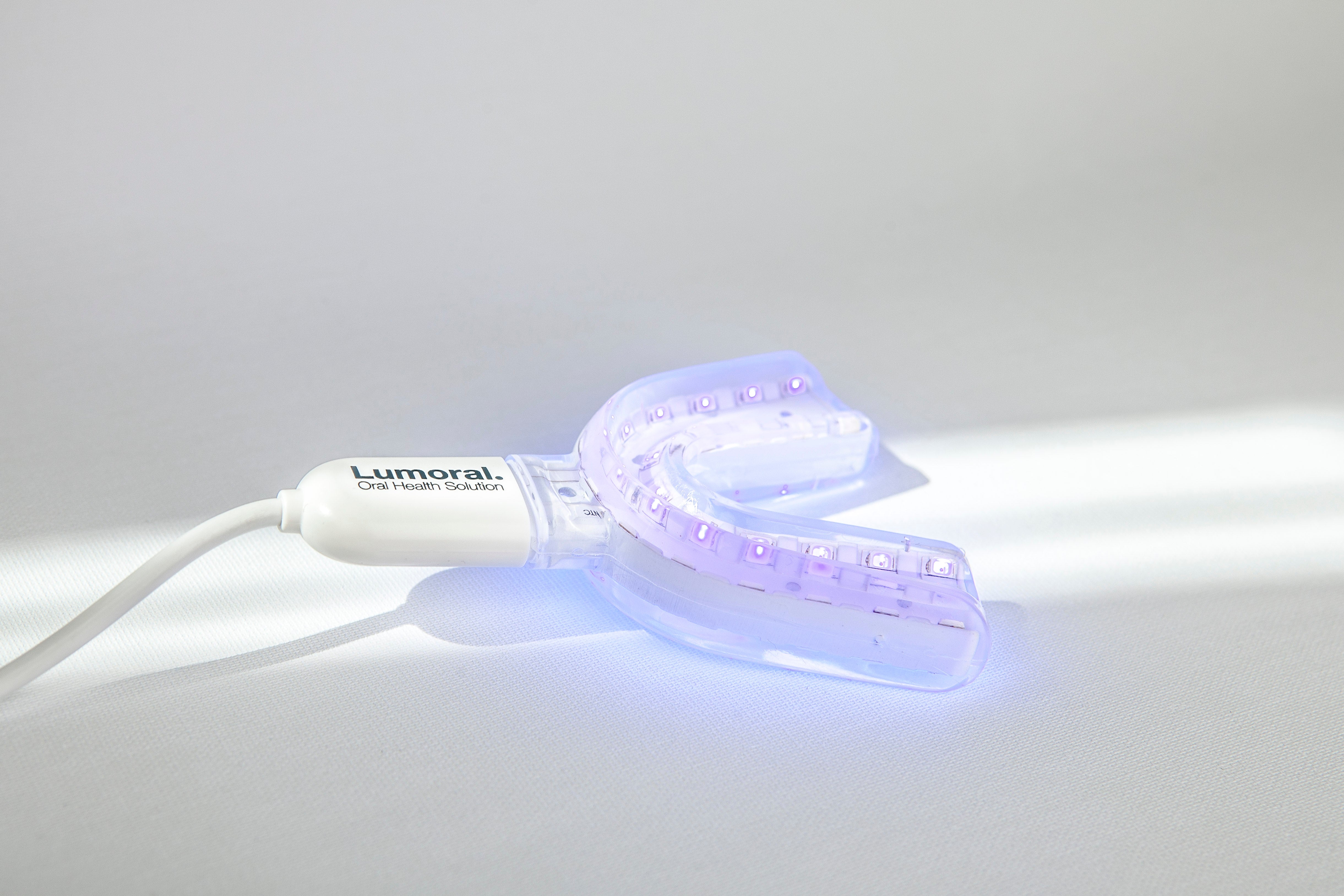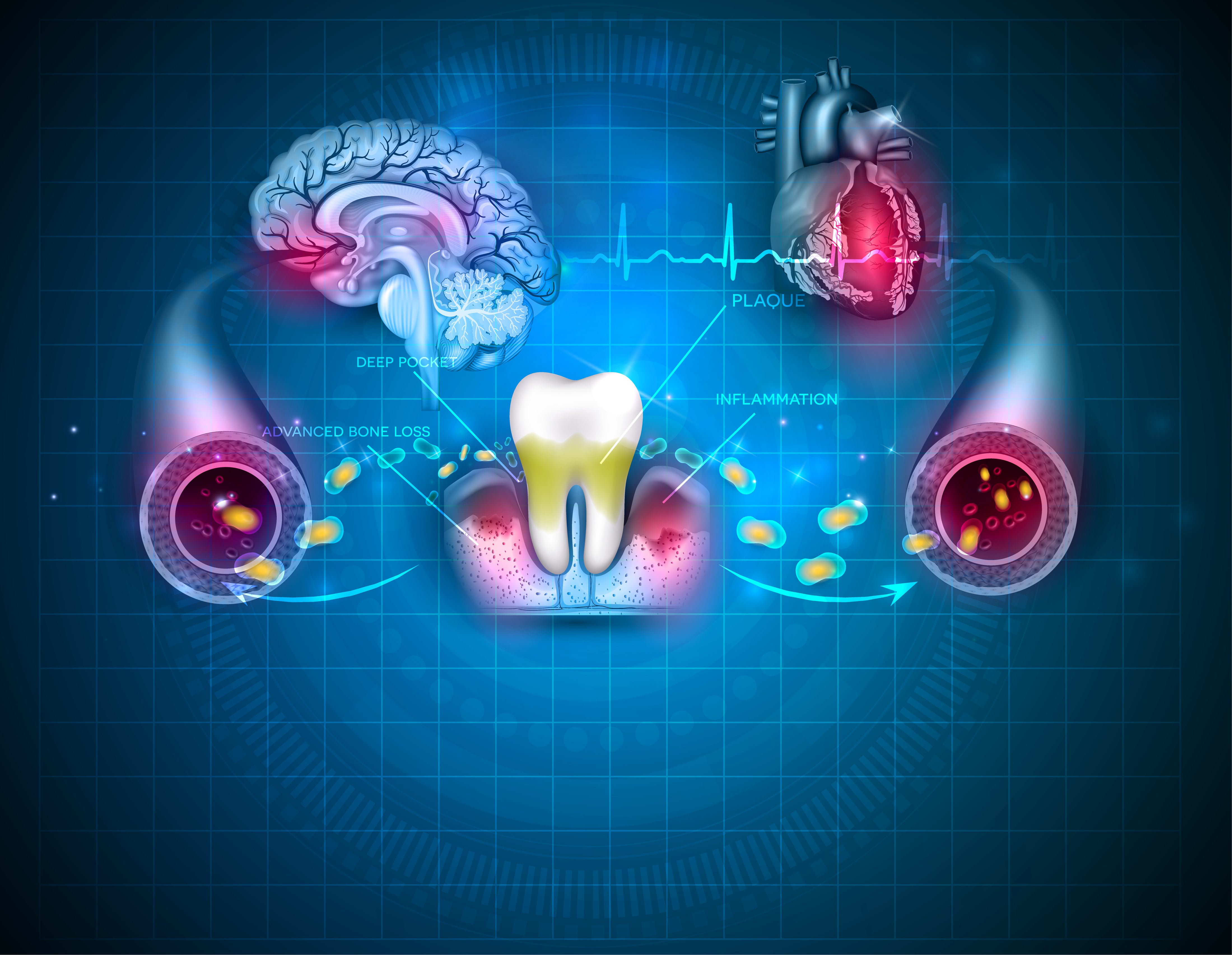Finnish sprinting star Aino Pulkkinen (25) has successfully combined a rising athletic career with a profession as a dental nurse at a dental clinic in Jyväskylä, Finland. Balancing high-level sports and a day job is not always easy, but it's achievable with careful planning and strong support from her work team.
Aino Pulkkinen, from Äänekoski, a small town in Central Finland, represents the Finnish sports team Jyväskylän Kenttäurheilijat and has been coached by Olympic Youth Coach in speed and power training Petteri Jouste since 2017.
Pulkkinen has won numerous national-level medals and has represented Finland in several international competitions over the past few years. Currently, she holds the Finnish record in the 150-meter run, and last summer, she set records in each distance of 100m, 200m, and 400m. Her journey as a top athlete has been steadily progressing, and in the last two years, she has had the opportunity to represent Finland in international championships.
— Last summer, I represented Finland in the European Championships, and this summer, I got to participate in the World Championships in Budapest. The World Championships were always a dream for me. The fact that I got to participate was a pleasant surprise. The competitions were fantastic and added more motivation to my training. Next year, there are again the Olympics and the European Championships, hints Pulkkinen.
Sports from an Early Age
Pulkkinen graduated as a dental nurse a year ago and has been working at the Oral Hammaslääkärit clinic in Jyväskylä since February. Working in the oral health service profession provides a suitable balance to the life of a competitive athlete—intense training sessions and the rigours of competitions. However, without her employer's flexibility, support, and encouragement, managing a day job and a tight training schedule would be impossible.
— Work hours are always adjusted according to my training schedule, depending on whether the competition season is underway. Usually, I work at least a couple of shifts per week, but if training allows, I'm happy to take on more work shifts, says Pulkkinen.
Pulkkinen has been involved in athletics since the age of four. Until the age of 17, she combined sprinting with long jump. For the past eight years, she has focused on running. Now, her goal is the upcoming Paris Olympics. Despite the challenging qualification standards for the Olympics, Pulkkinen is motivated to do everything possible to secure her spot in an individual event or a relay race.
— Last year, my coach and I found a training solution that works for me. It has already produced significant results, Pulkkinen said.
She engages in 6 to 10 training sessions each week.
— Currently, I have training sessions every day except Sunday. On workdays, if I have training, it's either after or before work.

Setting an Example for Others
Studies in dental nursing have brought oral health issues to Pulkkinen's attention in a new way. She is eager to share this newfound knowledge, especially concerning the benefits of the antibacterial Lumoral treatment, which she has become familiar with over the past year.
— If there has ever been a bit of laziness in brushing teeth and cleaning between them, now I do it diligently. I remember to do it and understand its real significance, she says.
She has also started raising awareness of the importance of oral health to overall health and athletic performance, especially within sports circles. This is supported by research, as high-performance sports is one of the significant risk factors for the onset of oral diseases.
According to one study, cavities are found in up to 70 per cent of elite athletes, dental erosion in almost 40 per cent, and severe gum disease (periodontitis) in up to 15 per cent of individuals engaged in competitive sports (1).
Several possible reasons exist for the increase in inflammatory oral diseases among elite athletes. Physical stress is one of the most significant factors. Intensive training increases the body's stress levels, directly affecting oral health and susceptibility to various gum diseases.
Physical stress alters saliva composition during training and reduces its secretion. Frequent mouth breathing during training and dehydration further increase dryness in the mouth. According to Pulkkinen, all these factors expose teeth to cavities and dental erosion and contribute to the onset of inflammatory oral diseases.
Considering What Goes into the Mouth
Pulkkinen emphasizes the significant impact of diet on athletes' oral health. Rigorous training programs require regular eating, often supplemented with "sports nutrition" such as carbohydrate gels and bars consumed during training. This further stresses oral health by increasing the daily number of acid attacks in the mouth. Many athletes consume sports drinks, especially during intensive training and competitions.
— At this point, being aware of the constant snacking and the impact of energy drinks on the mouth, it's a bit unpleasant to consume foods and beverages that are harmful to oral health. However, as an athlete, I need sufficient energy and hydration to run fast and achieve my personal best.
— Thanks to my studies, I have reduced my use of sports drinks a lot, but during the summer, especially during the competition season, I increase their consumption to avoid muscle cramps or other harm to the body. At the same time, it's good to enhance the use of Lumoral and overall oral hygiene even more.
Pulkkinen has been using the antibacterial teeth cleaning method since late autumn, and she has already noticed that the antibacterial oral care method brings a new level of cleanliness to her mouth after using the device.
— I have noticed that tartar quickly accumulates on my teeth. I hope that Lumoral will also help with that aspect. On the other hand, when you drink coffee, it causes stains. I also believe that the device will help with that.
— I have been using Lumoral for about a month, and it's easy to use. Especially when I eat a bit unhealthier food or consume sports drinks, I use the antibacterial teeth cleaning method. I just visited the dental hygienist to remove minor tartar and stains from my teeth, so I can now monitor how it helps maintain cleaner teeth!



Leave a comment
This site is protected by hCaptcha and the hCaptcha Privacy Policy and Terms of Service apply.